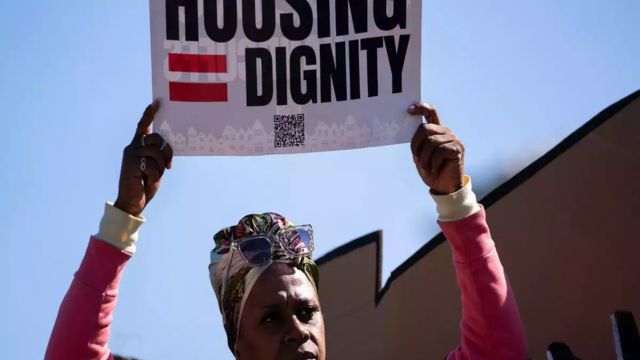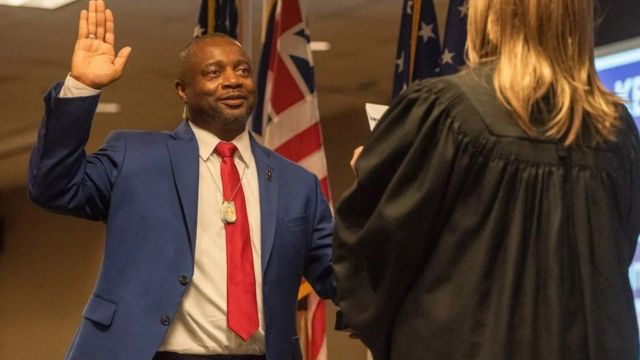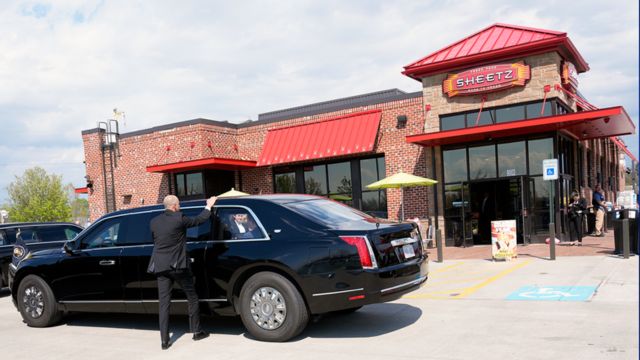WASHINGTON, D.C.— On Monday, the U.S. Supreme Court justices had to deal with the problem of homelessness across the country as they pondered whether local laws that punish people who camp on public streets and parks are legal. The case was about an anti-vagrancy policy in a city in southwest Oregon.
A lower court said that enforcing these anti-camping laws against homeless people when there is no shelter space available violates the Eighth Amendment of the U.S. Constitution, which says that punishments that are cruel or unusual must be avoided. The city of Grants Pass appealed this decision.
Some of the conservative justices seemed to question the ruling of the lower court or suggest that homeless people could use a different legal route. It looked like the liberal justices were ready to side with the homeless people who were suing the city over its rules. The court is mostly made up of conservatives (6-3).
Laws like these have been criticized by people who work to help the homeless, leftist legal groups, and others who say they make people criminals just for being homeless and doing things they can’t help, like sleeping in public. They point to a Supreme Court decision from 1962 that said the Eighth Amendment didn’t allow people to be punished because of their position.
Chief Justice John Roberts, a conservative, told Kelsi Corkran, the lawyer for the plaintiffs, “I think a number of us are having trouble with the difference between status and conduct.”
Roberts raised doubts about whether or not being homeless is a condition that makes it illegal to enforce local rules.
“You can remove the homeless status in an instant if you move to a shelter, or situations otherwise change,” he said.
The justices got involved with the complicated social problem of homelessness, which continues to bother public officials across the country because cities and towns have trouble finding cheap housing. The U.S. government says that more than 600,000 people are without homes on any given night in the country.
The case is about three laws in Grants Pass, a city of about 38,000 people, that make it illegal to sleep on the streets, in alleys, or in parks with a blanket or other clothing. Offenders are given a $295 fine. People who break the law more than once can be charged with trespass and face up to 30 days in jail.
“Where are we going to put them if every city, village, and town doesn’t care and passes a law like this?” In what place should they sleep? Should they kill themselves instead of sleeping?” Supreme Court Justice Sonia Sotomayor, who is a leftist, asked Grants Pass lawyer Theane Evangelis.
Evangelis replied, “This is a complicated policy question.”
She was talking when Sotomayor asked, “What’s so hard about letting someone sleep with a blanket outside if they have nowhere else to sleep?”
“Someone Else’s Issue”
Elena Kagan, a liberal justice, told Evangelist that the city’s law “goes way beyond” to deal with encampments and public safety. She said that it means a homeless person “can’t take a blanket and sleep somewhere without it being a crime.”
As Kagan put it, “it seems like you are criminalizing a status.”
The justices were told by Corkran that the laws “make people who are homeless endlessly and unavoidably punished if they don’t leave Grants Pass.” As it turns out, the laws only make the city’s homeless problem someone else’s by sending its homeless people to live in other areas.
People who support these kinds of rules, including some government officials, say they are necessary to keep the public safe.
Edwin Kneedler, a lawyer for President Joe Biden’s administration in the Justice Department, agreed with the plaintiffs that the city cannot enforce a “absolute ban” on sleeping in the city, which would make being homeless a crime. However, he said that the lower courts’ injunction was too broad and should be looked at again.
Some conservative justices seemed hesitant to say that the laws were unconstitutional, even though they understood how bad things were for many homeless people.
These judges said that homeless people who think they were wrongly ticketed or charged under local laws could use the legal theory of “necessity” as a defense, saying they had no other choice, which can get rid of a defendant’s responsibility.
Conservative Justice Brett Kavanaugh asked Kneedler, “If a state has a traditional ‘necessity’ defense, won’t that take care of most of the issues, if not all of them, and therefore avoid the need to constitutionalize” the issue?”
The case started in 2018 when three homeless people in Grants Pass filed a class-action lawsuit to stop the changes that would affect them. Since then, one of the claimants has died.
According to U.S. Magistrate Judge Mark Clarke, the city’s “policy and practice of punishing homeless” is against the Eighth Amendment. This meant that the anti-camping laws could not be enforced. The 9th U.S. Circuit Court of Appeals in San Francisco confirmed Clarke’s order to stop the ordinances.
The Supreme Court should make a decision by the end of June.




